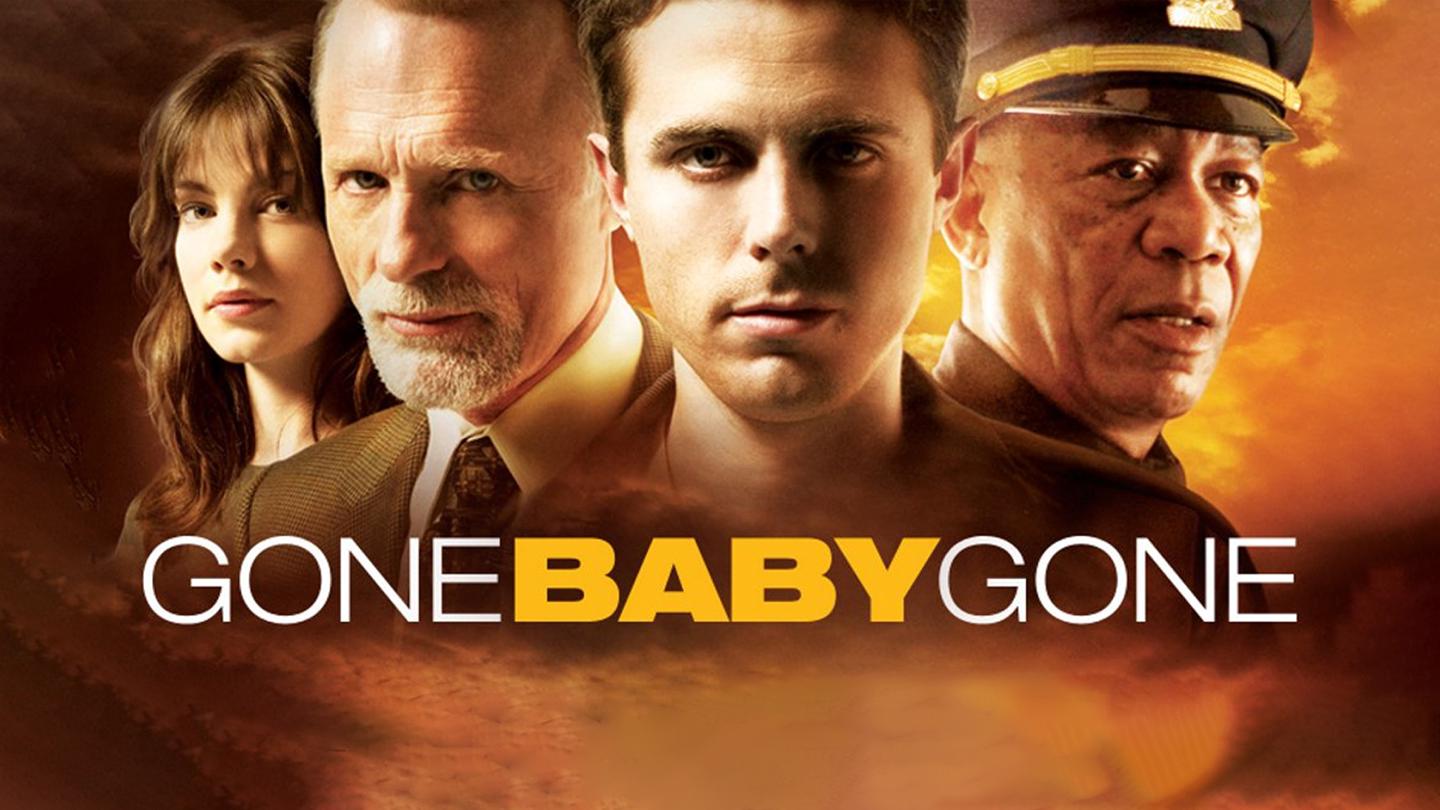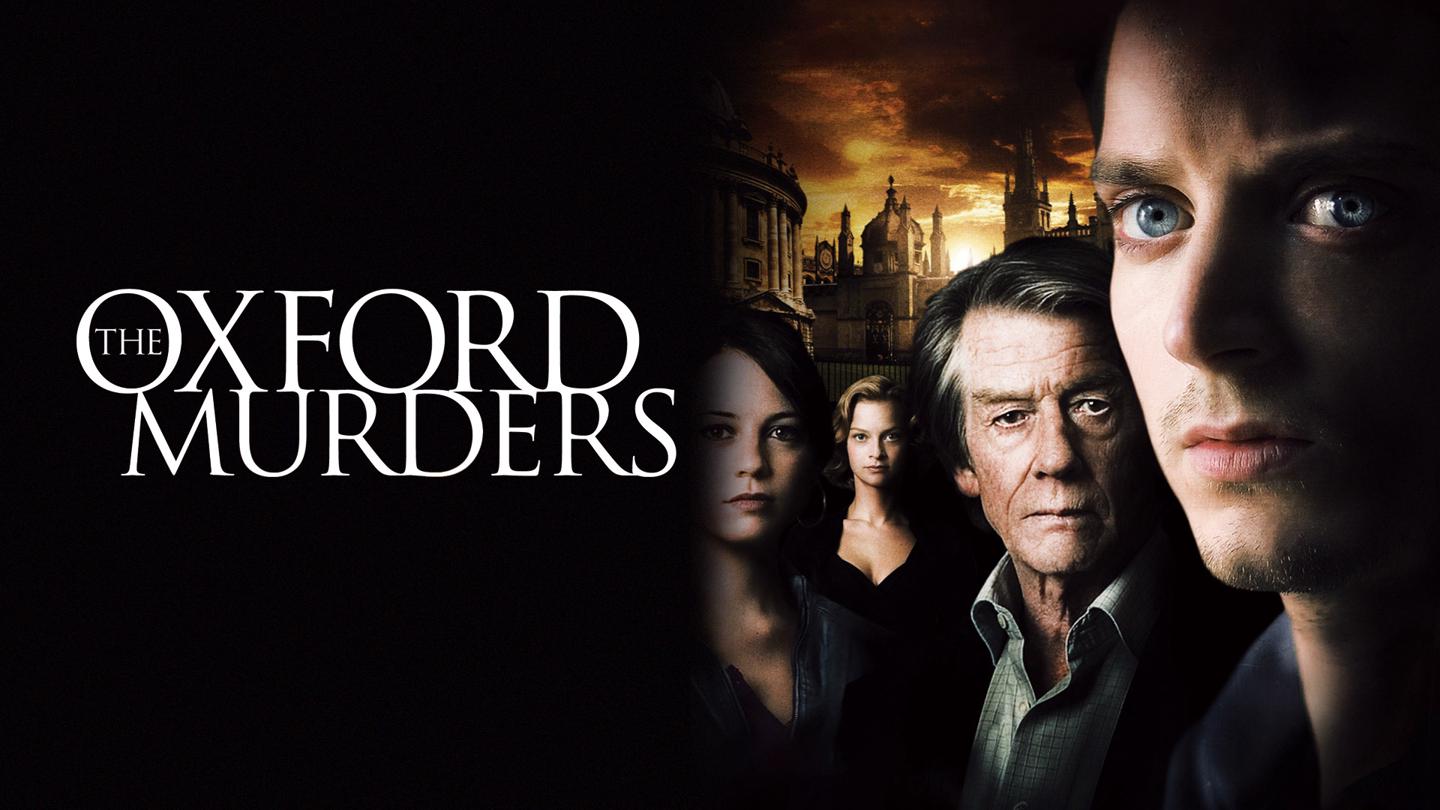
Quick Info
This is one of those movies that slipped under the radar for a lot of people, even though it really shouldn’t have. Gone Baby Gone—Ben Affleck’s directorial debut—lands hard in the gritty corner of Boston and never lets go of its edge for a second. The story is based on Dennis Lehane’s novel, and it kicks off when a little girl goes missing from her tough neighborhood. Private investigators Patrick (Casey Affleck) and Angie (Michelle Monaghan) are brought in by the family to help the cops. What unfolds is less about the whodunit and more about the cost of finding the truth.
Affleck shoots Boston with the eyes of someone who actually grew up there. It’s unvarnished, almost ugly at times, but in a way that feels honest. Every street corner looks lived-in. You can smell the cigarettes and spilled beer. That kind of atmosphere isn’t just backdrop either—it’s a character, shaping every decision the people in this movie make. The film avoids that touristy Southie glow that Hollywood sometimes slaps on. Instead, it makes you feel like you’re really walking those mean streets.
Casey Affleck is an odd choice for the lead. He’s got this soft, kind of almost awkward vibe that doesn’t scream tough guy. Somehow, though, it just works here. His Patrick is quiet and polite, but the steel underneath shows in the film’s big moments. Michelle Monaghan, as Angie, doesn’t get as much to do, and that’s honestly one of the weak spots. The script kind of sidelines her character and leans a bit too heavy on the familiar “brooding male investigator” trope.
The cast around them is stacked. Ed Harris and Morgan Freeman both show up and just do the thing they always seem to do—give that sense of “this is the real deal, pay attention.” Harris especially never turns his Boston cop into a caricature. I kept expecting some clunky attempt at the accent or mannerisms, but it never crossed the line. His performance in the last stretch of the movie hits especially hard, even if his character treads close to cliche at times.
What really lingers is the film’s moral ambiguity. This isn’t a story with clean answers, which might explain why it left me thinking about it days later. Every time you think you know what’s right, the movie flips the table. The ethical questions running through the story are complicated and raw. There’s a pivotal choice at the end that I still argue with myself about. A lesser movie would have picked a side or wrapped things up in a neat bow, but Gone Baby Gone leans into all the discomfort.
Pacing-wise, things stumble in the middle. There’s a stretch where it feels like the characters (and, honestly, the film itself) are stuck, not really moving forward or deepening. It never drags enough to get boring, but there’s some bagginess. Once the final act clicks in, though, it’s almost relentless, and the tension hits that “jaw clench” level where you forget to breathe for a bit.
Visually, the movie keeps things simple. There’s not a bunch of fancy camera tricks or moody lighting setups. It trusts the story and the actors. But that rawness in the cinematography gives it a kind of documentary flavor. You get close-ups that don’t flatter, and wider shots that show just how small and trapped everyone is in this crumbling cityscape. It’s not showy, but it fits the movie’s blue-collar bones.
For me, the biggest plus is how the film doesn’t try to be “cool” or overcomplicated. The mystery unravels in a way that feels earned, not forced, but it does waver with a couple of overly convenient plot turns. Still, the emotional punch at the end just lands. Gone Baby Gone isn’t the kind of mystery you’d call “fun” or “entertaining,” but it’s the sort that actually gnaws at you. That’s a rare thing these days.
The R8 Take
If you like your mysteries murky and morally tangled, this one sticks with you, kind of like Mystic River but tighter. You’ll walk away feeling uneasy, which is exactly the point.


